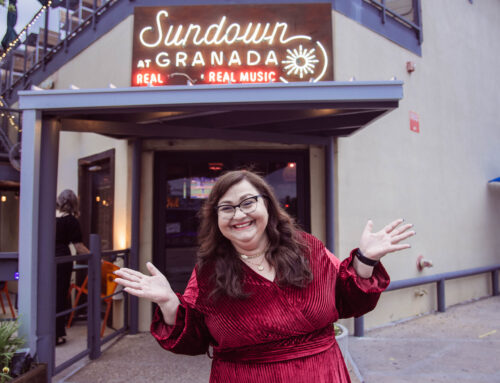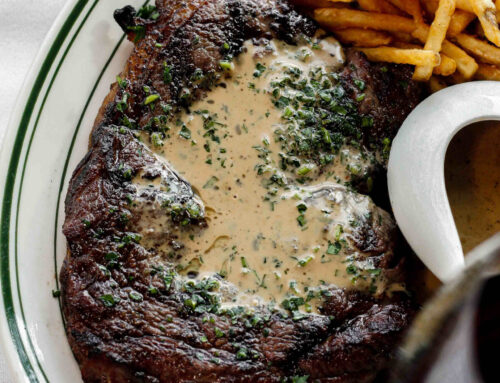A holiday homily for ‘tired, anxious people’
Holiday preparations started for me this year with a conversation with my wife that led to an email exchange with our kids and their spouses about who would be where and when, who would be buying for whom, and how much would we all spend. Sound familiar?
Questions like these bring on the stress and expose the fault lines of families before fault can even be found. Christmas for Christian families is full of hopes and fears. Just the saying of those words — hopes and fears — reminds me of the poignant line in Phillips Brooks’s classic hymn “O Little Town of Bethlehem”: “the hopes and fears of all the years are met in thee tonight.”
Then a book appeared in my mailbox at church. The same publisher who just published my book on training young pastors for church published this one about training young children for life. I brought it home to my wife, who knows more about those things than I. I thought she’d like to share it with young moms at our church. Except I couldn’t quite turn loose of it myself to give her a chance at it.
“Hopes and Fears: Everyday Theology for New Parents and Other Tired, Anxious People.” The title got me first. “Hopes and Fears.” Check. “Everyday Theology” got me next after the colon. That’s what I do as a pastor. The “New Parents” part hasn’t fit me for decades, and new grandparent doesn’t quite qualify as a substitute, but I definitely fit the “Other Tired, Anxious People” part. Two young mothers, who also happen to be two young pastors, wrote it. Another reason for me to take interest, since I work with young women pastors who become mothers. So I’m in.
Bromleigh McCleneghan and Lee Hull Moses started blogging about all things preschooler mothering, early-marriage spousing, and first-call pastoring. They ended up with a book that sets all of it within the bonds of God’s grace and the bounds of human experience. And I mean all of it: from distending bellies to leaking breasts, from potty training to late-night fevers, from mealtime and bedtime prayers to singing hymns as lullabies. The authors know the nitty-gritty of being human and are honest enough and humble enough to talk of it with wit and wisdom. They testify that cuddling, connection and communion are both life with kids and life before God at the same time.
Reading these two young mothers and pastors reminds me that the story of Christmas is God’s taking on our hopes and fears up close and personal. “Angels we have heard on high, sweetly singing o’er the plains” are no match for Mary and Joseph changing the diapers of baby Jesus, rocking the Son of God to sleep, and whispering to him the secrets angels shared about what a man the boy would grow to be.
God deigned to dwell with us first in a woman’s womb and then in a family we call holy because Mary and Joseph were faithful, not because they were perfect. It would take more than they had in them in order to overcome fear with faith. It would take the God they had in them to let hope win that first Christmas. It takes nothing less than that for us, too, every Christmas since.





